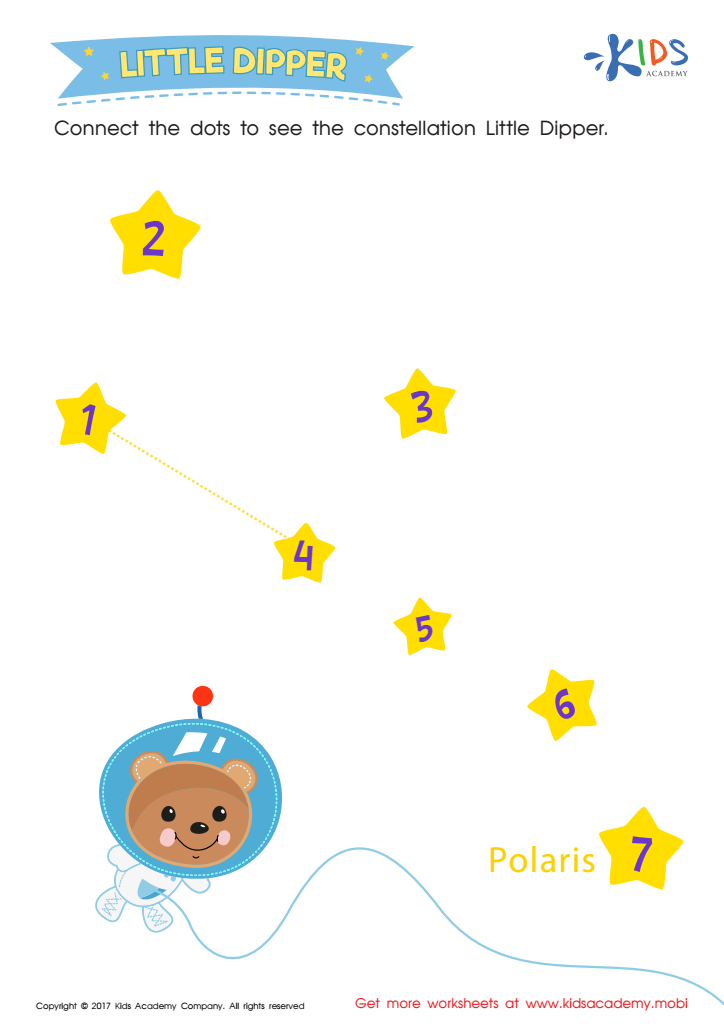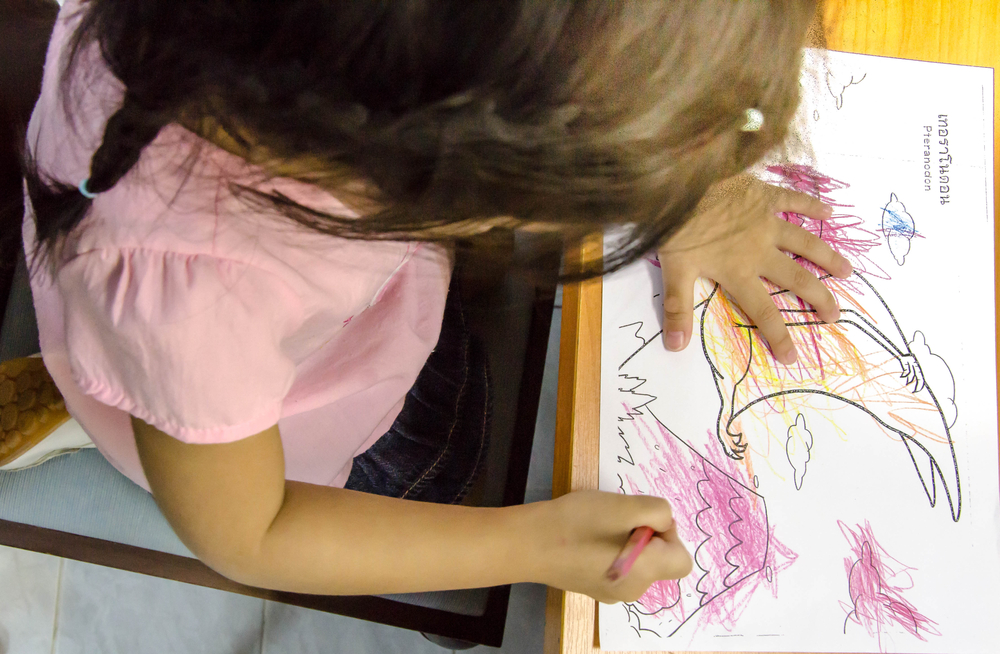Counting practice Science Worksheets for Ages 5-9
6 filtered results
-
From - To
Introducing our Counting Practice Science Worksheets tailored for ages 5-9! These fun and educational resources combine counting skills with basic science concepts, helping young learners explore numbers through engaging activities. Each worksheet is designed to enhance cognitive development, improve mathematical proficiency, and spark a curiosity for the natural world. Perfect for early grade teachers and parents, our printable worksheets encourage hands-on learning with colorful illustrations and interactive tasks. Foster a love for math and science in your child and watch them advance with confidence. Download today and embark on a fun-filled journey of discovery and knowledge!


Force and Interactions: Assessment 1 Worksheet
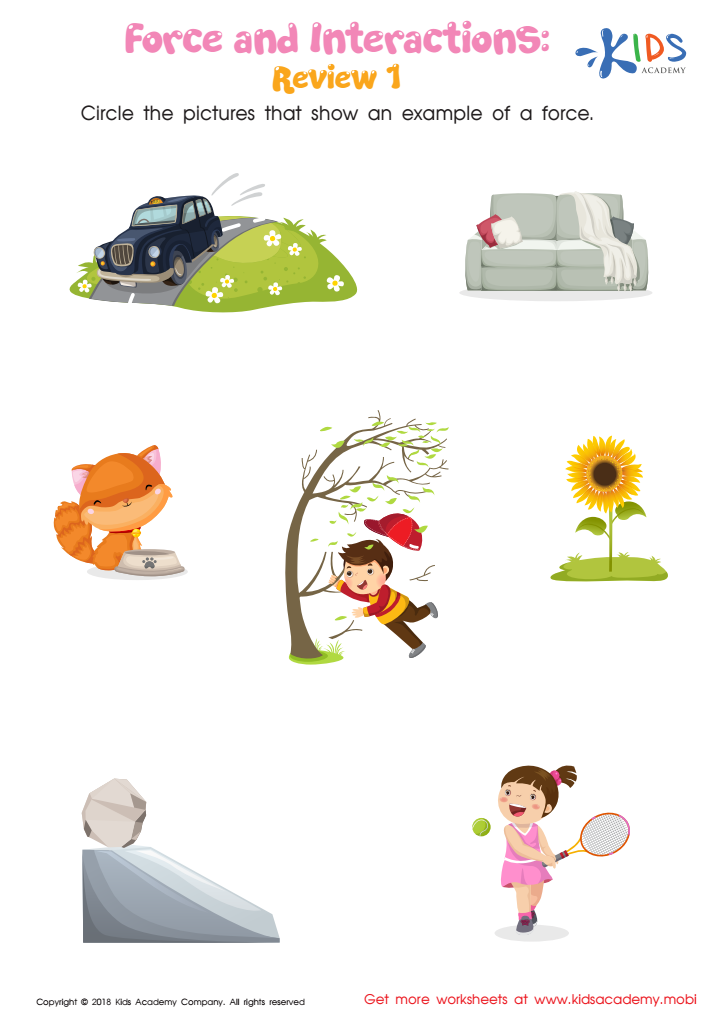

Force and Interactions: Review 1 Worksheet
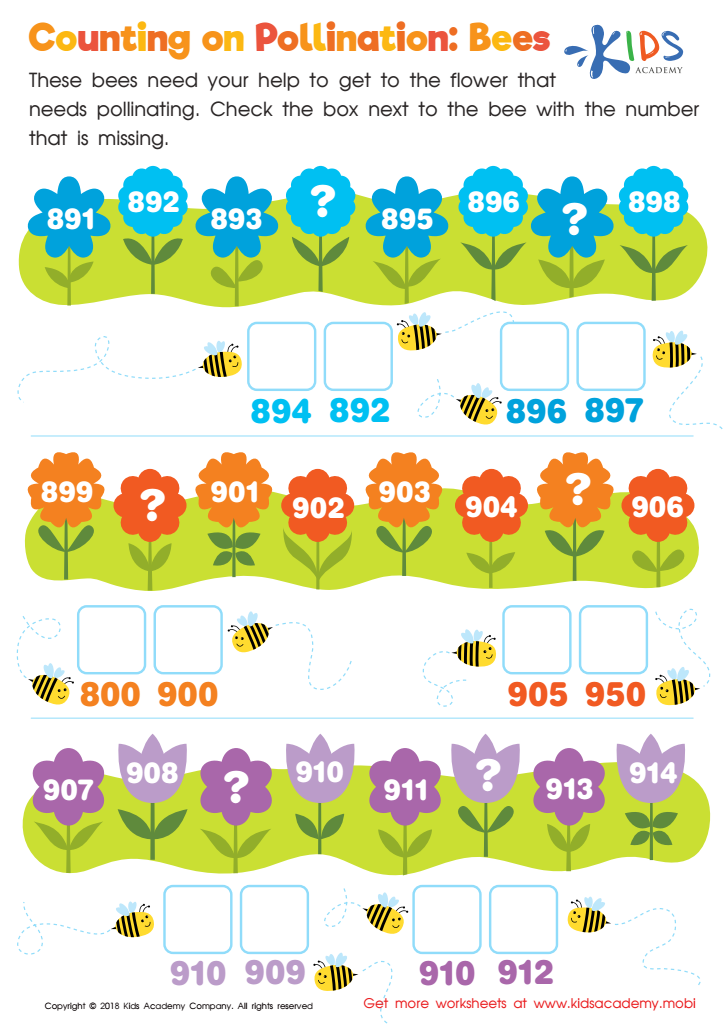

Counting on Pollination: Bees Worksheet


More Octopus Facts Worksheet
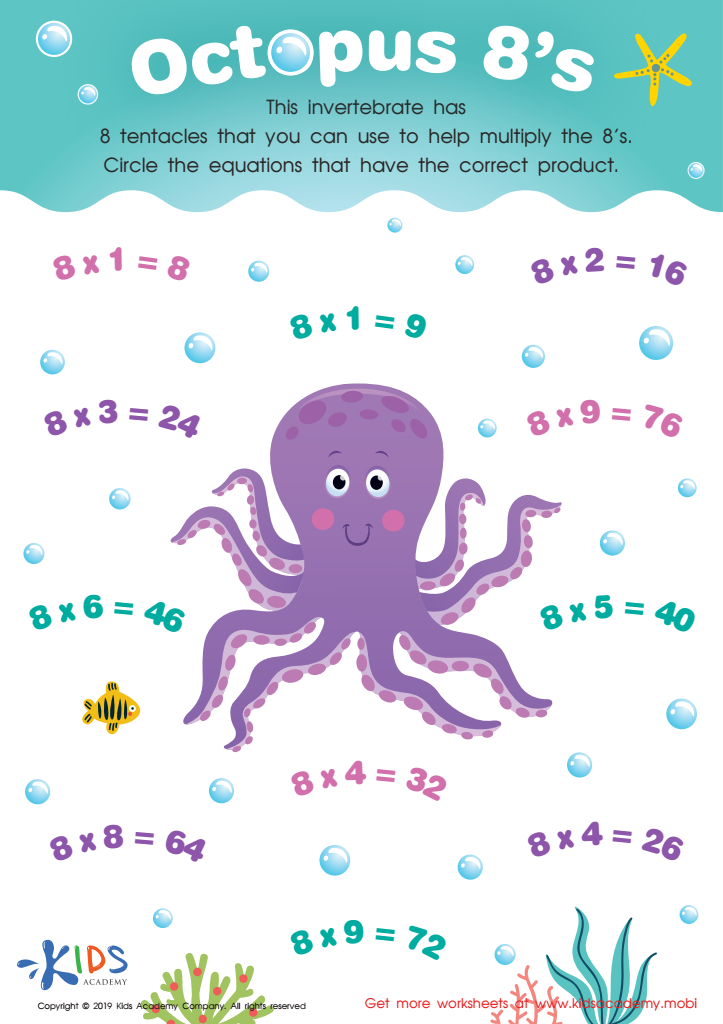

Octopus 8’s Worksheet
Counting practice in young children, ages 5-9, is crucial for their cognitive and educational development. It forms the foundation for more complex mathematical concepts that are essential for academic success and everyday life. When children engage in counting practice, they familiarize themselves with numbers, developing a sense of quantity and order.
Counting practice reinforces basic arithmetic principles, such as addition, subtraction, and understanding place values, which are integral parts of the early math curriculum. This foundational knowledge opens doors to advanced math skills and promotes logical thinking and problem-solving abilities.
Moreover, counting helps children develop fine motor skills. As they physically manipulate objects while counting, they enhance hand-eye coordination and spatial awareness. Incorporating counting into daily routines or playful activities makes learning enjoyable and regular, ensuring consistent practice.
Besides math skills, counting activities improve language skills and cognitive flexibility. Articulating numbers and following counting steps encourage clearer communication and sequential thinking. Early exposure to math concepts also instills confidence and reduces math anxiety later in life.
In summary, counting practice for children aged 5-9 is indispensable for building essential math skills, cognitive development, and confidence. Parents and teachers who prioritize counting activities lay the groundwork for both successful academic pursuits and everyday problem-solving skills, fostering a well-rounded developmental experience.
 Assign to My Students
Assign to My Students
